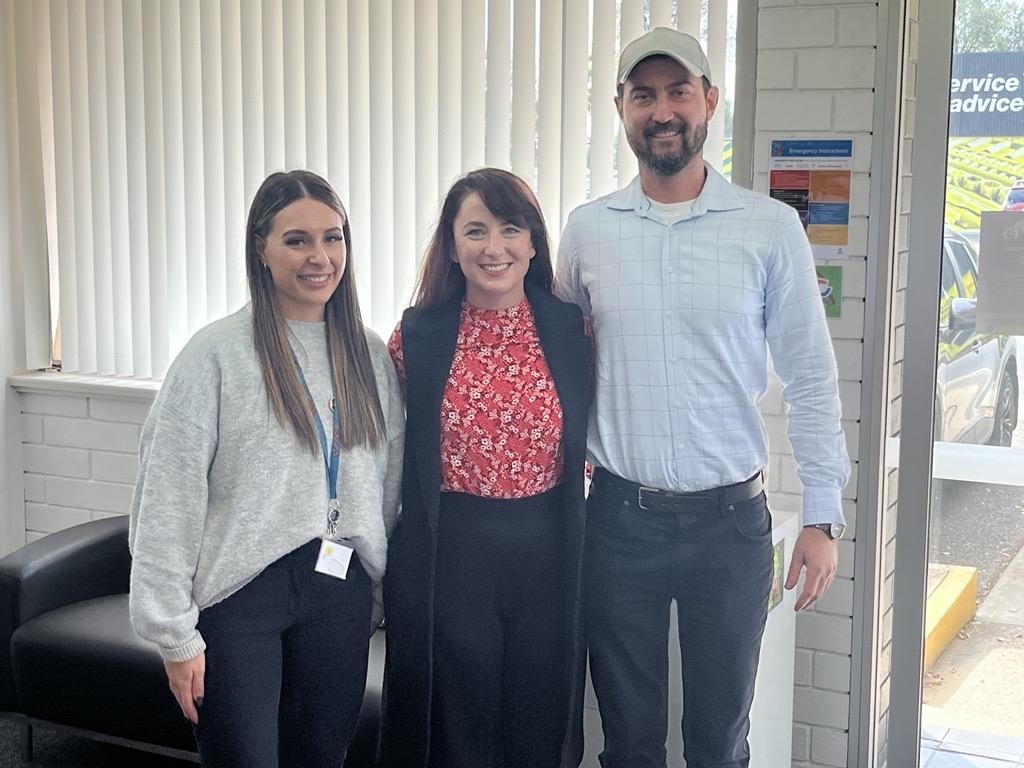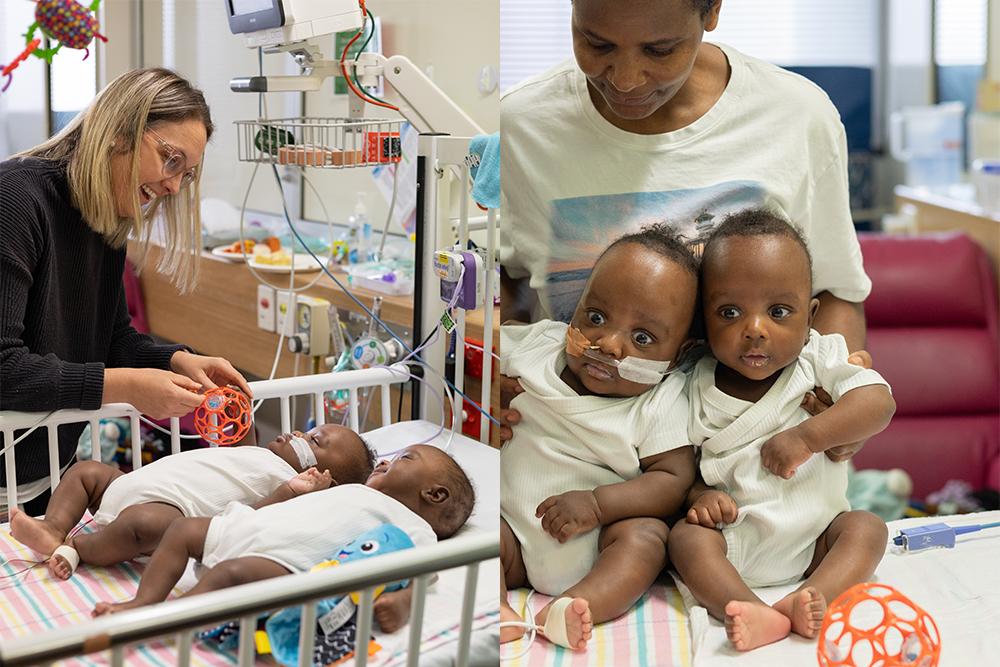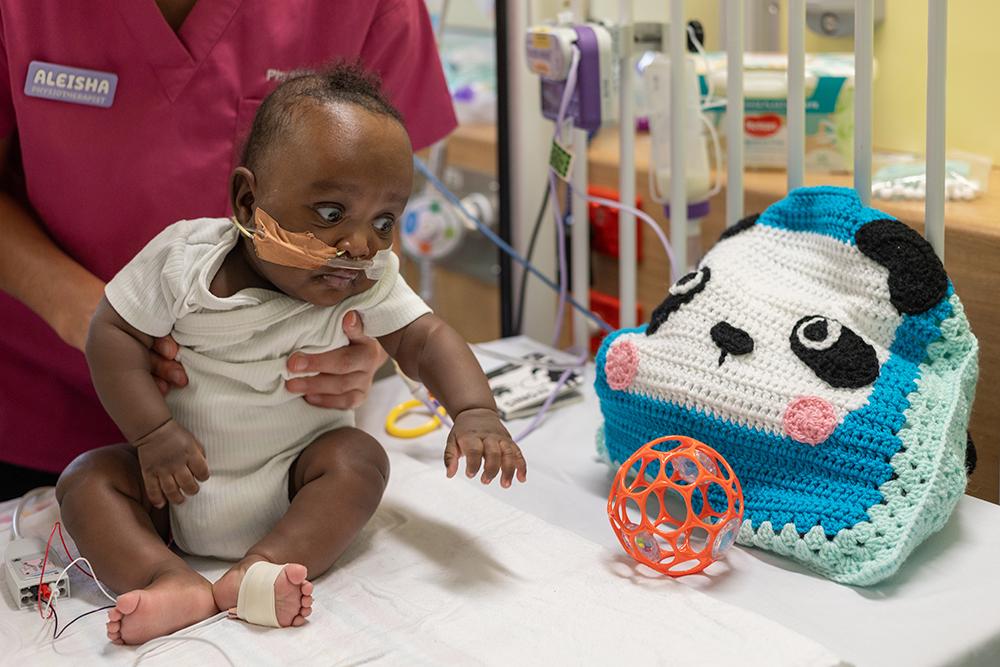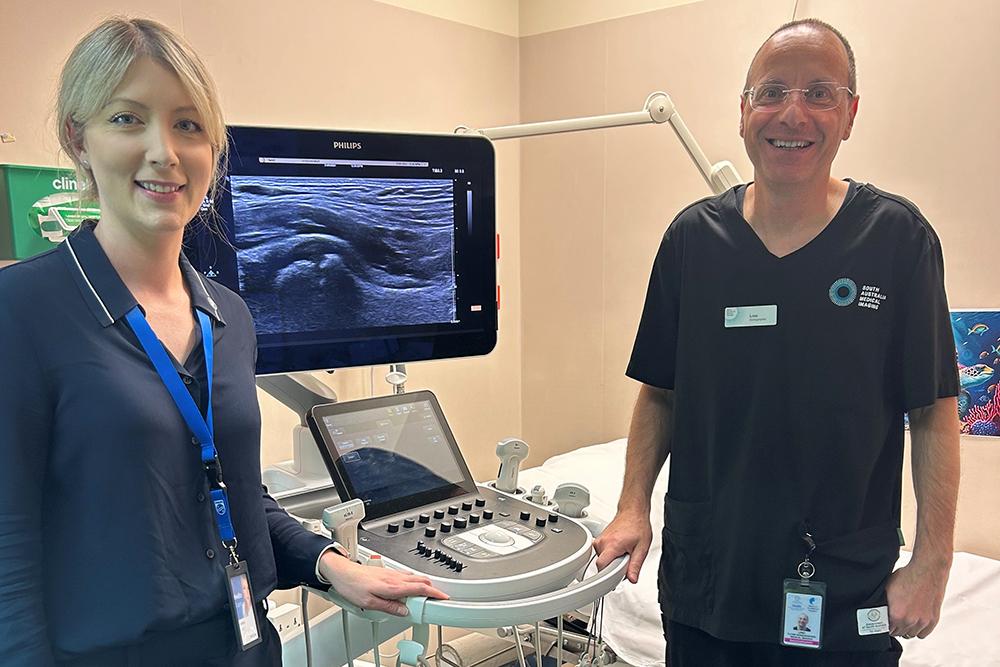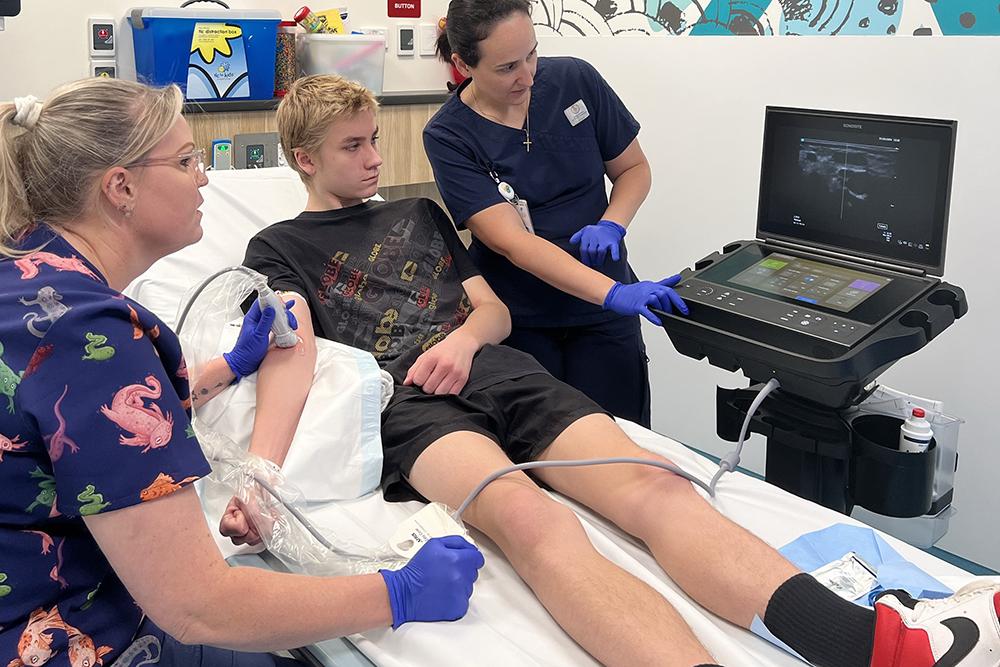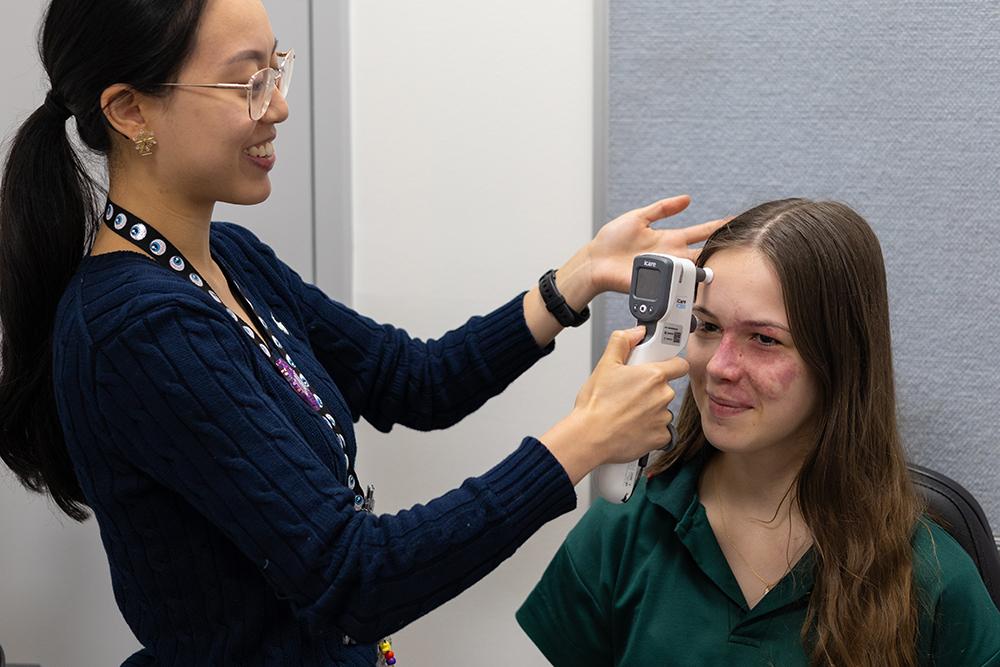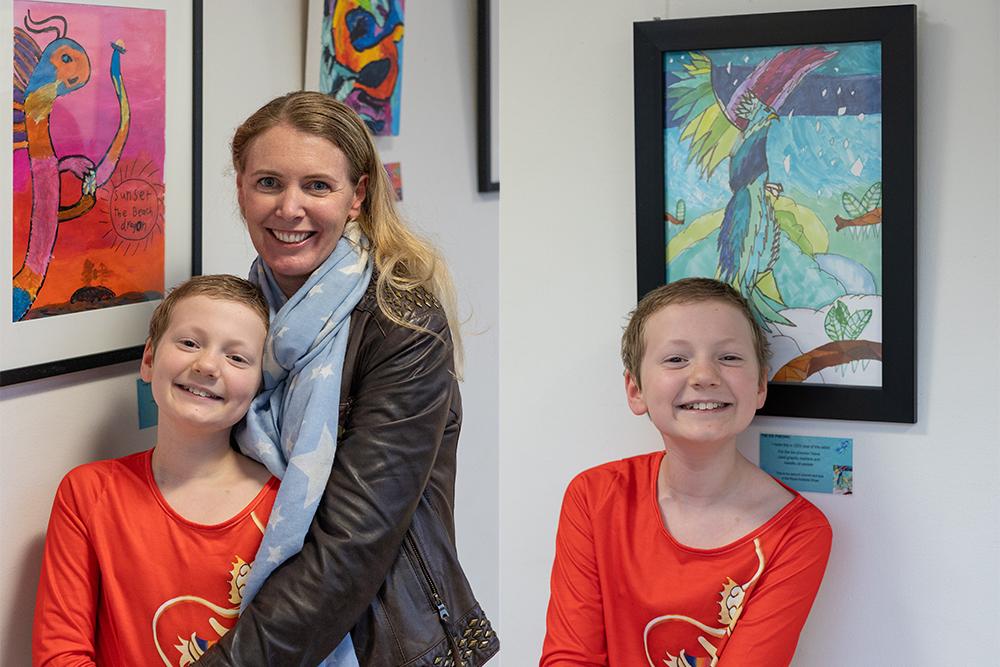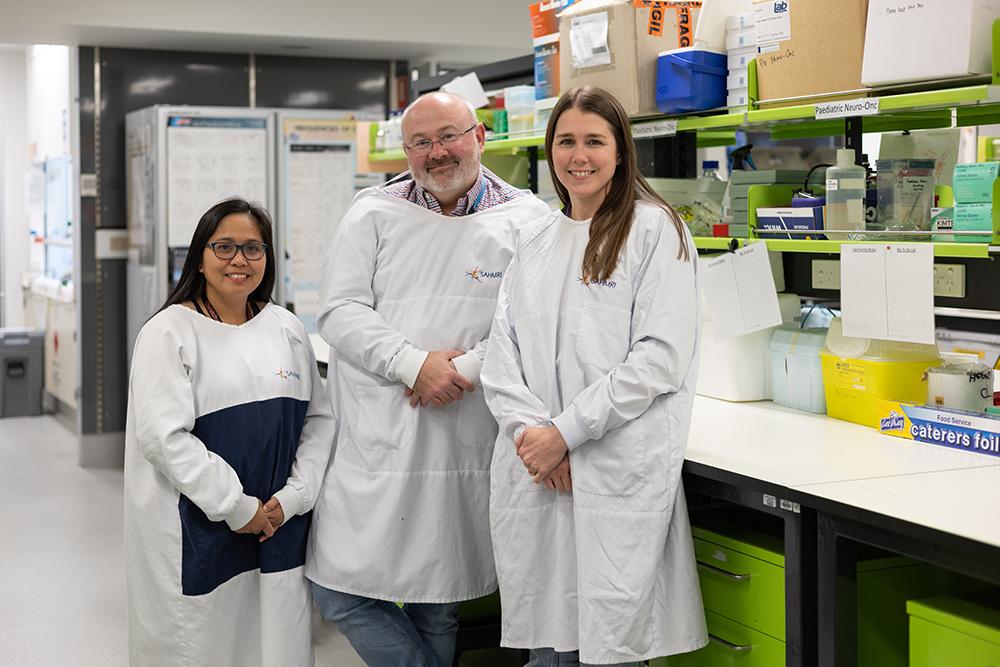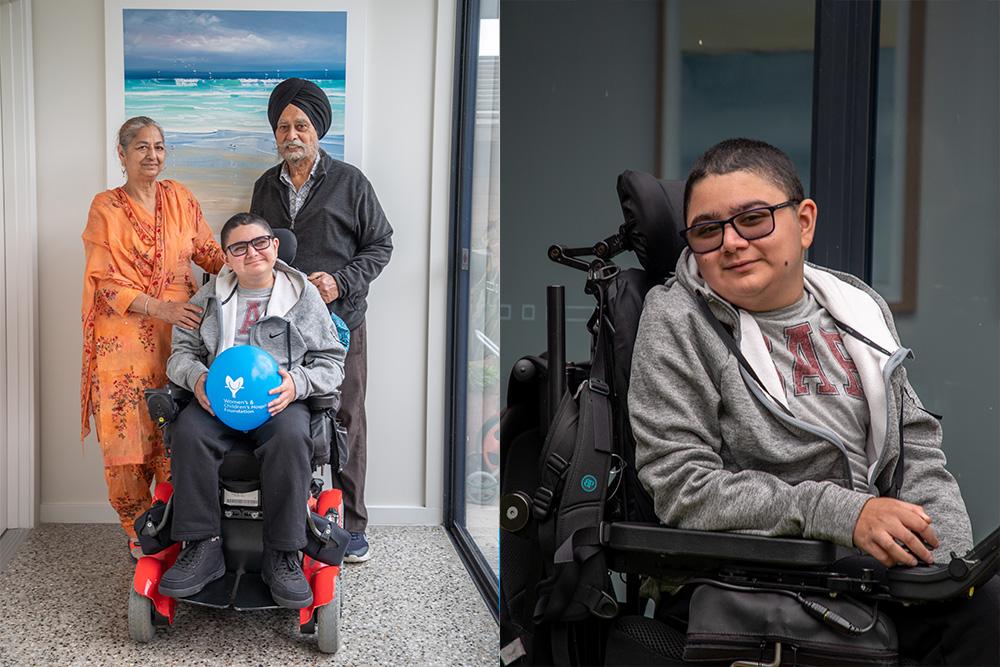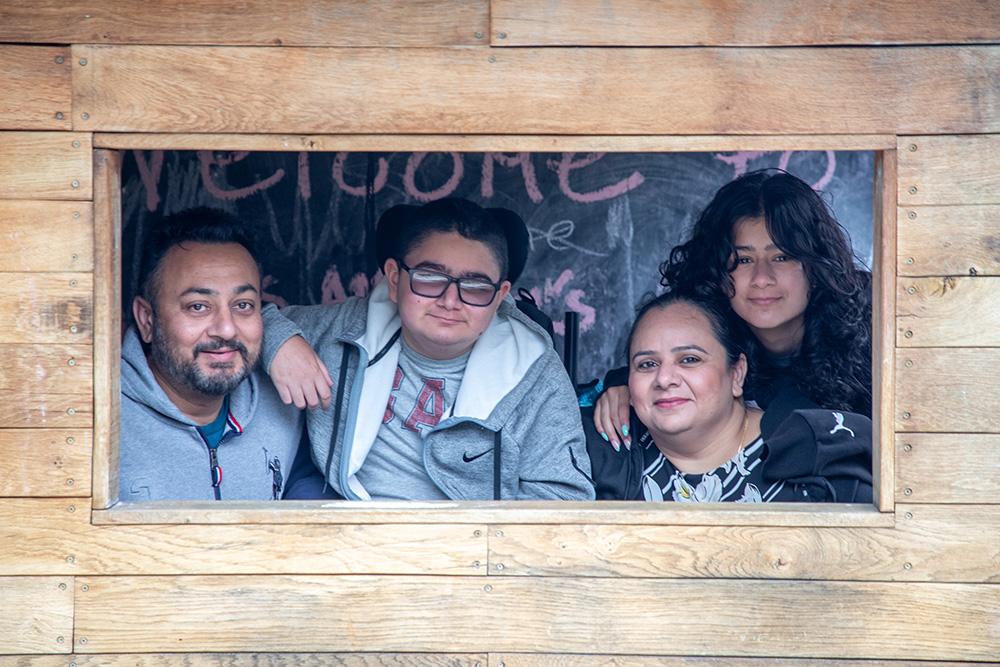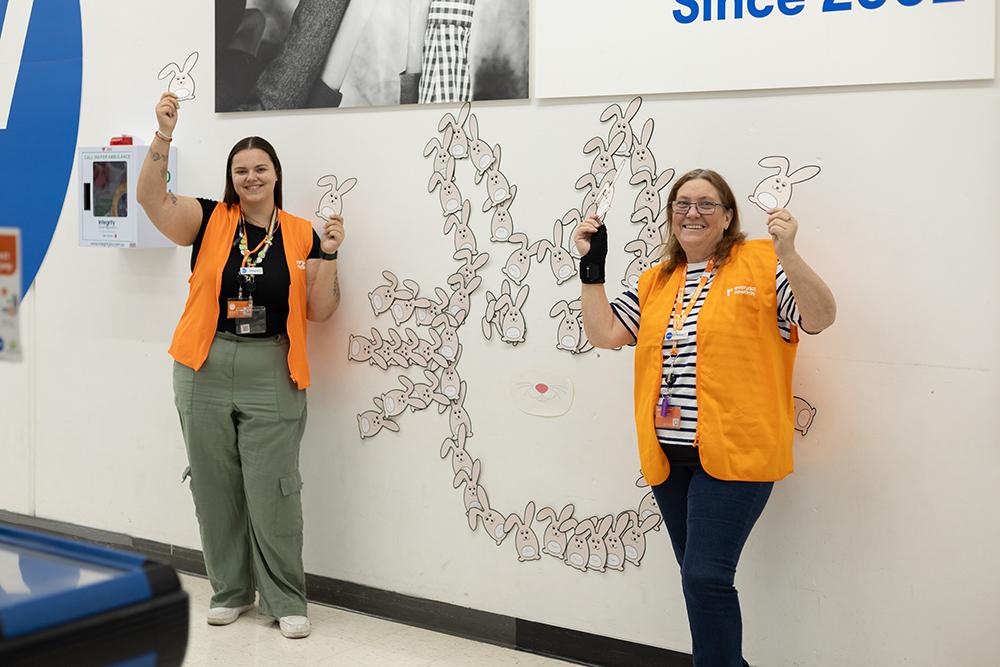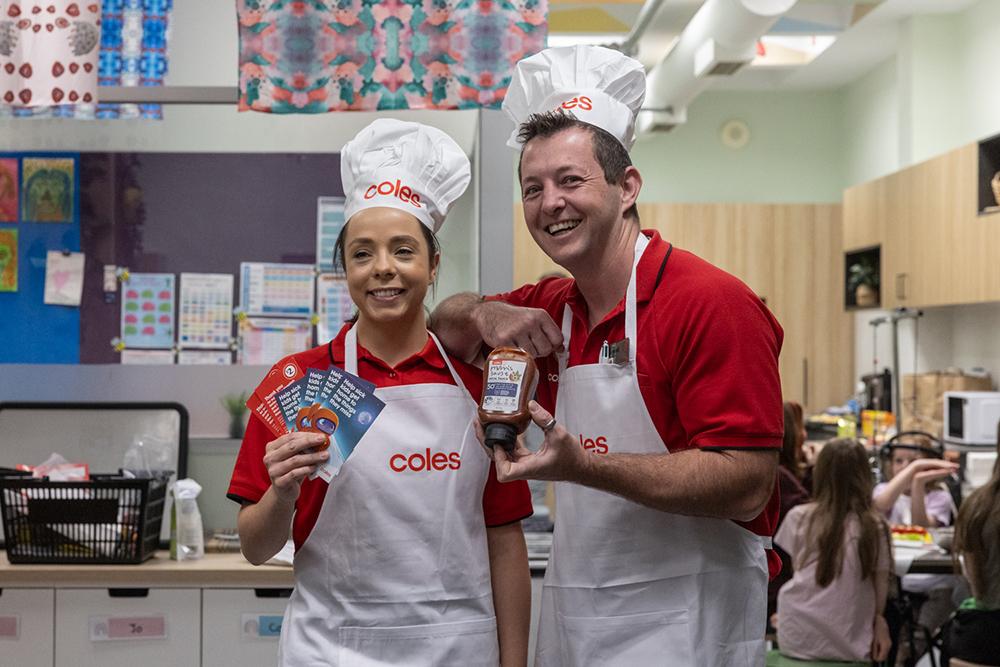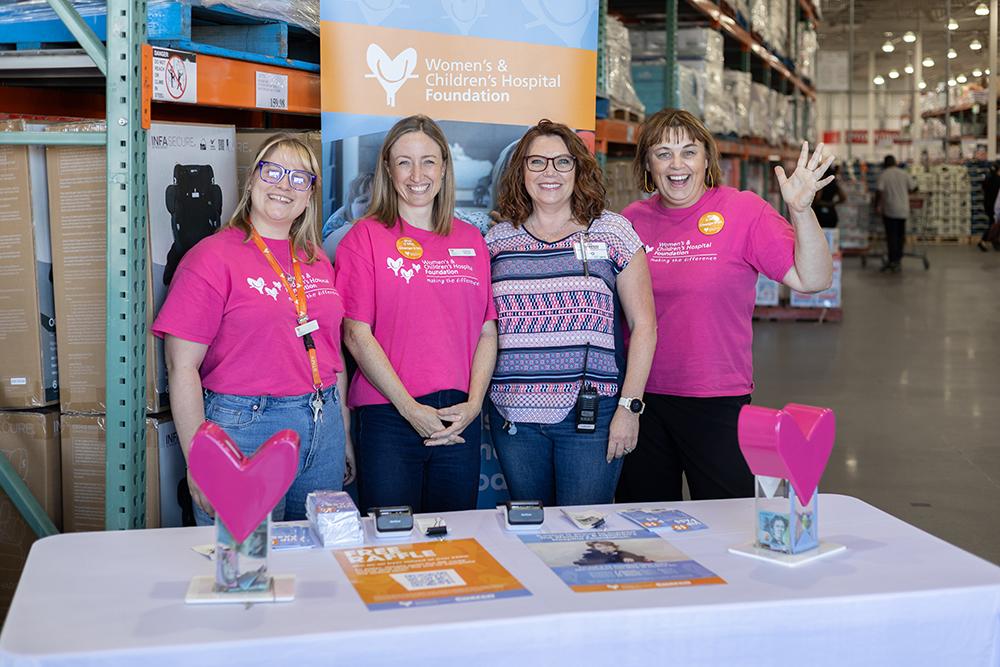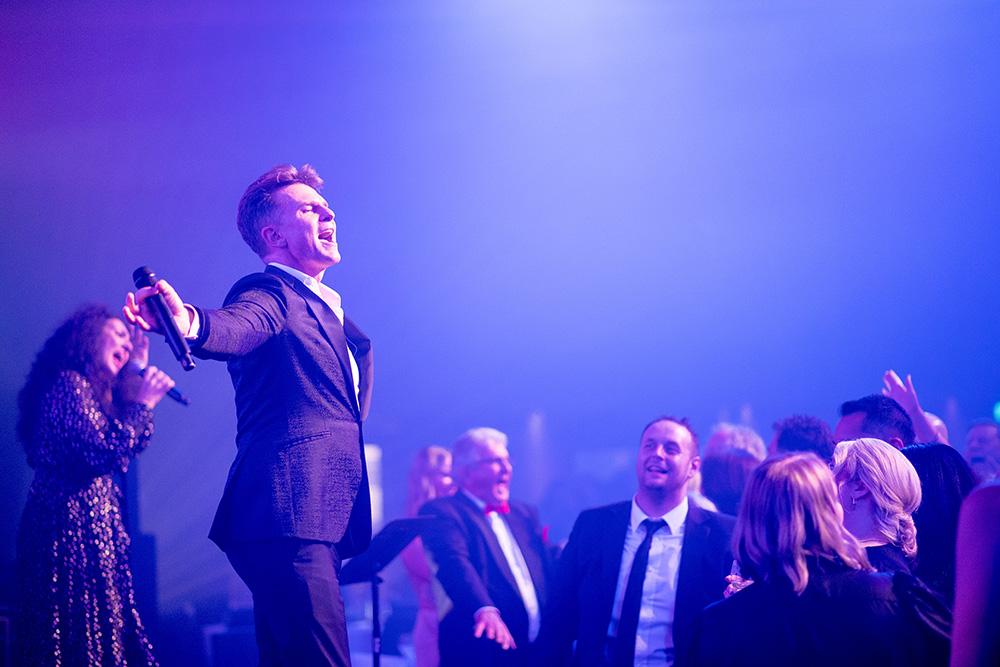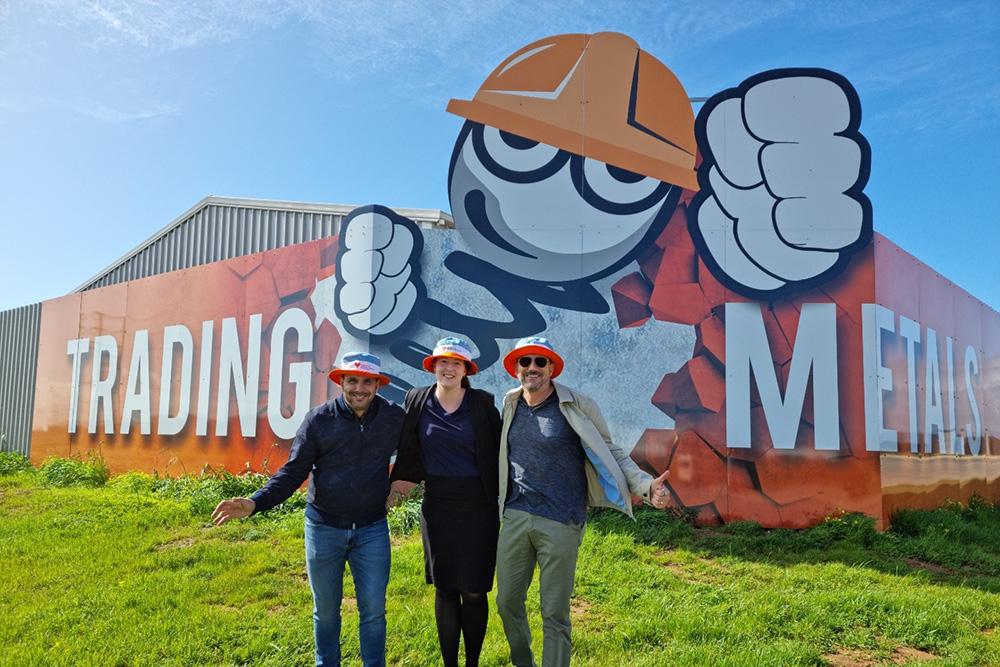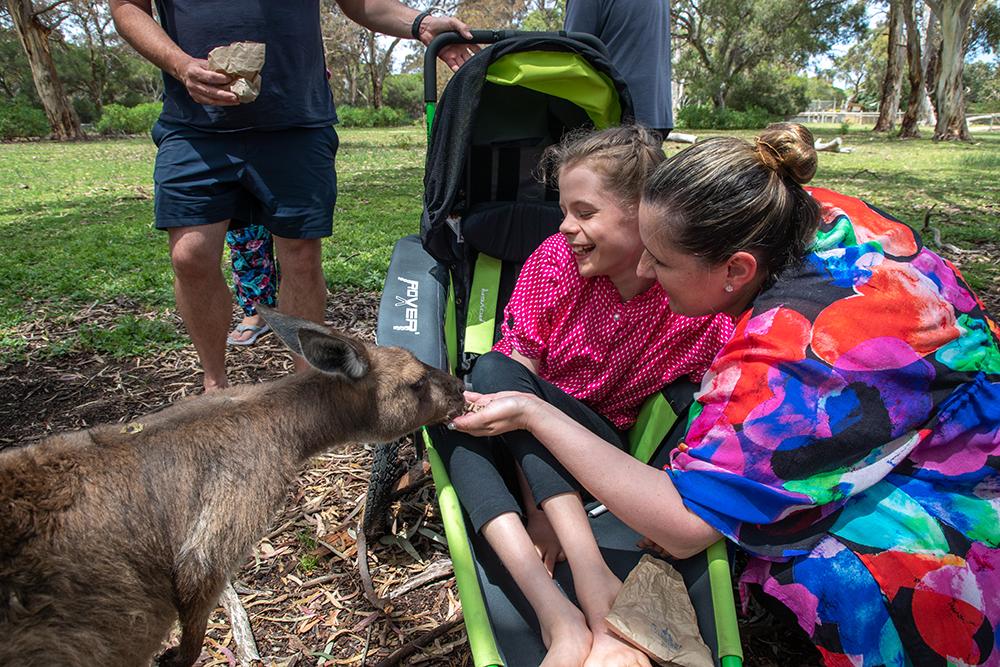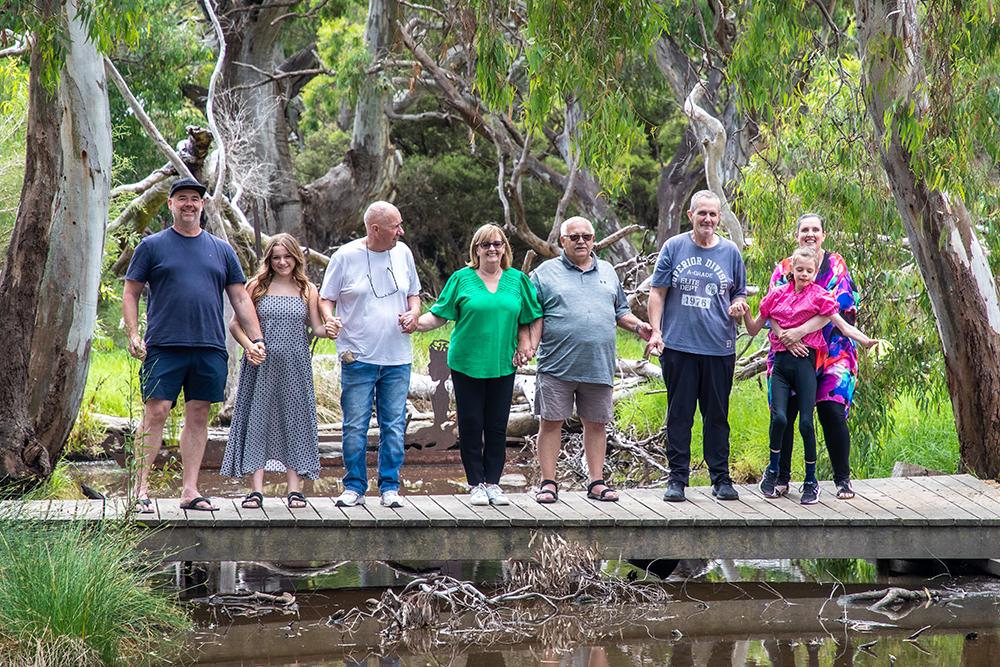The Women’s & Children’s Hospital Foundation (WCH Foundation) is proud to enhance support for South Australian families experiencing the death of a child thanks to a new program.
Caring for and supporting families in grief following the death of a child has always been a focus of the Women’s and Children’s Health Network (WCHN) Paediatric Palliative Care Service (PPCS). For some families though, death may be sudden and unexpected. For all families, the loss of a child will have a profound and long-lasting impact and being alongside them through this time can help to navigate towards better healing.
Families often benefit from support through their grief, to honour, remember and incorporate their child into their lives in new ways.
The WCHN and the WCH Foundation are working in partnership to offer all families experiencing the death of a child equitable bereavement care with the deepest compassion, respect and expertise to navigate the difficult journey of grief after the death of a child.
Grief and Loss program
The new Alongside Grief and Loss Program works alongside families. The program focuses on partnering with families through their unique grief journey recognising that grief has no set pattern or order and the depth, duration and experience is different for everyone.
Among the support structures for families grieving the death of a child are professional counselling, linkages to community supports, sibling and family group programs, access to memory-making opportunities such as fingerprint impression jewellery, and funeral assistance.
WCH Foundation Head of Mission, Verity Gobbett, says, “This was an important project for the WCH Foundation because we have seen the impact that strong, well-coordinated bereavement support can have for a family’s ability to cope. Equity is an important principle for us, and we knew if we could help to build a more inclusive and equitable service, we wanted to be a part of it.”
WCHN Psychosocial Clinical Lead and Grief and Loss Coordinator, Dimi Patrinos, says the death of a child impacts on the family system at emotional, psychological, spiritual and practical levels.
She says, “Families draw on their strengths and support networks, but the unique responses of families require a specialised, professional bereavement service. We are so very proud to be able to support more families through the new Grief and Loss program.”
The Roberts Family
In 2005, Marty and Michelle Roberts’ son, Sam, died just before his fifth birthday, having battled the impacts of the very rare neurological degenerative condition called Niemann-Pick Disease Type C.
Sam’s care in the Women’s and Children’s Hospital prompted the Roberts family to fundraise for the WCH Foundation, supporting projects just like this one, through their Cycle4Sam initiative, which has raised almost $1 million to date.
Marty says bereavement care for families is critical and they are pleased their fundraising efforts can assist with the new program.
“We appreciate and understand the depth of grief and loss that losing a child can bring, and it’s so important that other families who experience such pain have access to grief and loss support,’’ Marty said.
“We were most grateful for the support of the WCH Paediatric Palliative Care Service after we lost Sam. We hope that this support can now be provided across the hospital. We are looking forward to watching the progress of this new program at the WCH,’’ added Michelle.
For patient referrals and enquiries, please contact the WCHN Alongside Grief and Loss Team via Health.WCHBereavementService@sa.gov.au
Banner image: The Alongside Grief and Loss Program Team (L-R) Admin Maddie Evans, Social Worker Yongjian Liang, Psychosocial Clinical Lead and Grief and Loss Coordinator Dimi Patrinos, Social Worker Renee Symons, Art Therapist Lauren Morgan, Parent Mentor Coordinator Estelle Chapple and Art Therapist Carolyn Groocock.

